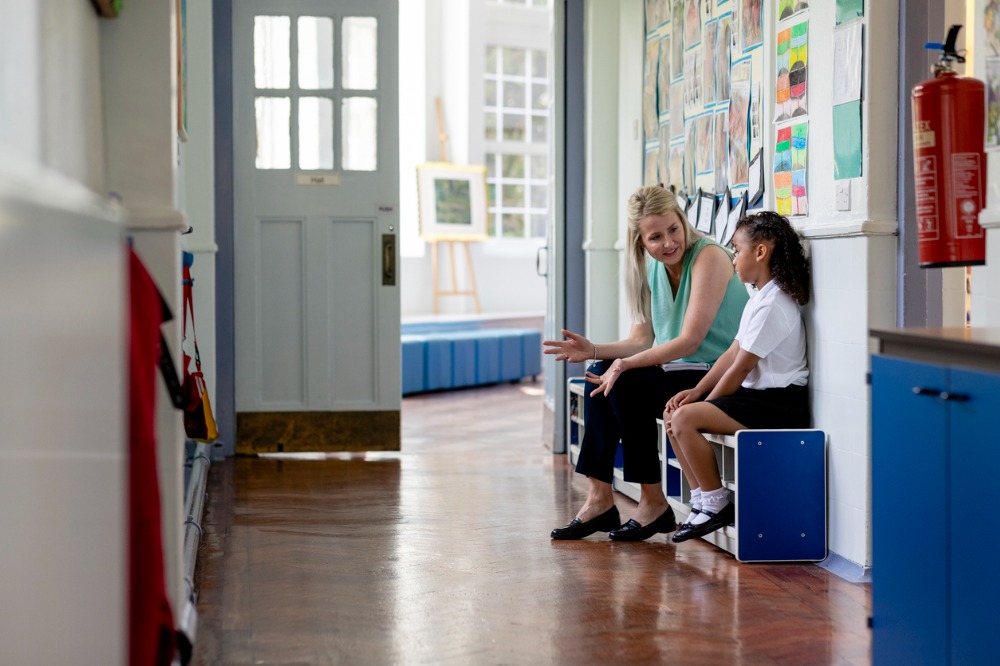
A successful mental health program for primary schools is helping young people to understand and act thoughtfully on their emotions and feelings.
Big Talks for Little People Mental Health Education Program for Primary Schools – developed by Flinders University in partnership with Breakthrough Mental Health Research Foundation and Little Heroes Foundation – has been widely used locally in South Australia and nationally, and is listed on the South Australian Education Department’s External Wellbeing Programs Directory.
Designed for delivery by teachers during wellbeing or care-group lessons, the program’s core belief is that “you are never too young to talk about mental health.”
Ongoing research continues to uphold the effectiveness of the program, even as its programs are being updated, diversified, tailored for Australian classroom settings, international contexts, Indigenous children, sports clubs, Health and Physical Education classes, and OSHC care settings.
“Sometimes there are feelings that you don’t want to talk about all… but then, sometimes, you watch Big Talks animation like that, and you want to talk about it a little bit, because it can be hard and emotional to say your problems out loud,” a Year 5 student who participated in the program said.
Phillip Slee is Professor in Human Development in the School of Education and is a trained teacher and registered psychologist. He said programs like Big Talks are needed to help primary school teachers with their curriculum and teaching work in this area of health education.
“The scoping review found there is a clear need to develop, deliver and evaluate curriculum based effective mental health interventions for primary school aged students,” MCERA quoted Professor Slee as saying.
One of the notable aspects of Big Talks is its unique animations, featuring characters called ‘Peeps’ and their ‘Feels,’ which represent different emotions. These animations are central to the lessons, encouraging students to reflect on and discuss their feelings.
A key focus of the program is on developing key social-emotional learning (SEL) competencies, including self-awareness, self-management, social awareness, relationship skills, and responsible decision-making.
“Research shows that programs delivered by professional educators in their own schools tend to be more successful than cases where external providers come in and do it,” Professor Slee said.
“We designed the program around the fact that teachers have important relationships to their students, being sources of consistency, stability and support in their lives.”
Connecting neuroscience to teaching
The program enables teachers to become better trained for their crucial support role, starting with emotional coaching and teaching students to acknowledge and validate their emotions, as well as recognising emotions in others. This includes guiding teachers on how to model supportive behaviours, such as offering help without taking over and supporting others during conflicts.
Big Talks connects neuroscience to teaching, so that educators can explain to students how verbal, emotional and physical pain have similar effects on the brain, as context for important discussions about belonging and inclusion.
Professor Slee encouraged teachers to use visual reminders like posters and classroom activities, including journaling and role-playing, to reinforce these concepts and provide students with practical experiences in emotional awareness and conflict resolution.
“The element of ‘lived-experience’ that role-playing brings about for the students is really vital.”
